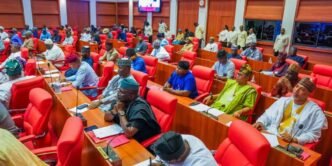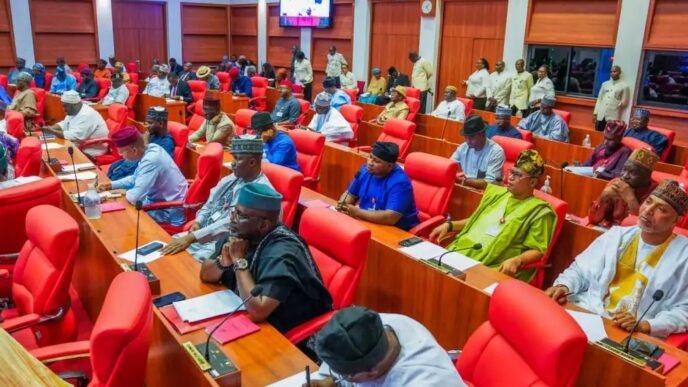Bill Sponsor: Sen. Moro, Abba Patrick (Benue South)
Bill Progress: First Reading
The recent passage of the University Teaching Hospitals (Reconstitution of Boards, etc) Act (Amendment) Bill, 2025 (SB. 908) in the Nigerian Senate marks a significant step in the ongoing evolution of the country’s healthcare education framework. This legislative development presents an opportunity to analyze its implications on the management of university teaching hospitals across Nigeria, as well as the possibilities for improving healthcare delivery.
SB. 908 serves as a formal introduction of the proposed amendments to the existing University Teaching Hospitals (Reconstitution of Boards, etc.) Act of 1985, which has seen various modifications since its inception. Such amendments are commonplace in the National Assembly, highlighting the continuous effort to adapt healthcare governance to better meet the challenges of an evolving medical landscape.
One of the likely objectives of the bill is the inclusion of a new teaching hospital. This amendment often involves updating the Schedule of the Principal Act to create a legal framework for integrating newly established or upgraded Federal University Teaching Hospitals. With Nigeria’s growing population and the increasing demand for quality healthcare services, the establishment of additional teaching hospitals is critical. Adequate healthcare infrastructure is necessary for both the training of healthcare professionals and the provision of comprehensive patient care.
As medical needs diversify and expand across different regions, establishing more teaching hospitals allows for a more equitable distribution of healthcare resources. New teaching hospitals can also enhance local medical education by allowing students to gain practical experience in varied environments, which is essential for a well-rounded training experience. Furthermore, these hospitals can foster research and innovation, helping to address specific healthcare challenges faced by local communities.
The second potential objective of SB. 908 revolves around the restructuring of hospital management. Past legislative proposals of a similar nature have attempted to redefine the qualifications, tenure, and composition of the governing boards and the Chief Medical Director (CMD) position. This aspect of the amendment aims to widen the eligibility criteria for the leadership of university teaching hospitals, opening doors for professionals beyond just medical doctors.
Currently, the leadership of these hospitals often rests solely on physicians, which can create conflicts and inter-professional rivalries. By potentially including other qualified healthcare professionals—such as pharmacists, nurses, and laboratory scientists—SB. 908 seeks to create a more inclusive environment. This broader perspective could lead to improved administrative efficiency and a more holistic approach to healthcare management.
With the involvement of diverse healthcare professionals in leadership roles, the management of teaching hospitals could benefit from varied insights and experiences. This collaborative leadership structure not only enhances decision-making processes but also fosters a culture of teamwork—critical in the high-stakes environment of healthcare. Additionally, it can encourage accountability and shared responsibility, further strengthening the healthcare system.
Moreover, as the healthcare landscape shifts, the traditional hierarchies that have historically characterized medical professions may have to adapt. Embracing a more integrated management approach can empower a range of professionals to contribute to hospital governance, thereby enriching the overall effectiveness of healthcare delivery.
However, it’s essential to approach this potential restructuring with careful consideration. Ensuring that all healthcare professionals involved are equipped with the necessary skills and qualifications is critical to avoid diluting the quality of leadership in these pivotal institutions. Therefore, while the legislation proposes inclusivity, it must also outline rigorous criteria to safeguard the standards of hospital management.
Ultimately, the formal introduction of SB. 908 into the legislative framework signifies a progressive movement towards embracing inclusivity and restructuring within the Nigerian healthcare system. By allowing for the integration of a broader spectrum of professionals into the governance of university teaching hospitals, the bill holds the promise of enhancing healthcare management and, consequently, patient care.











